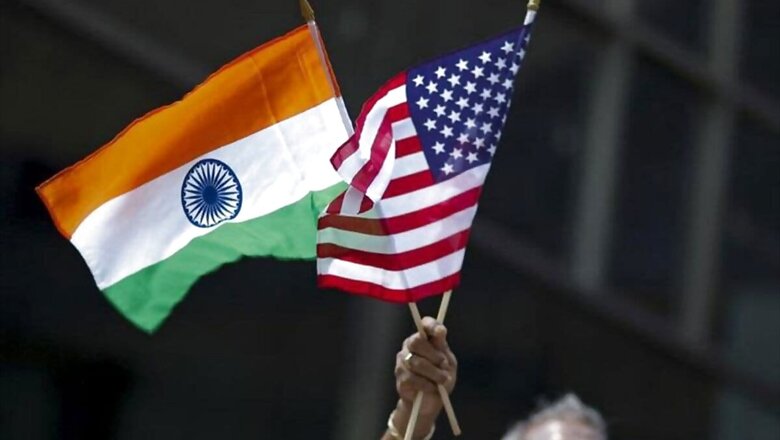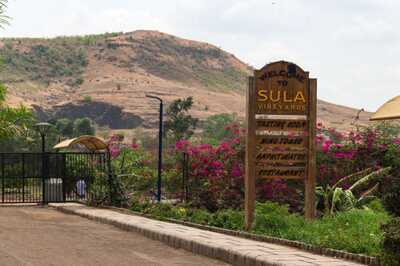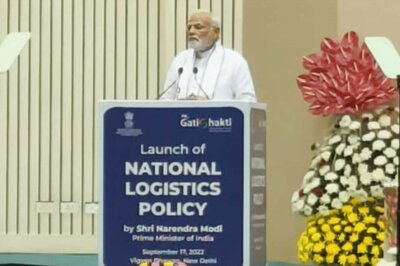
views
India is an important pillar of global democratic order, especially at a time when an authoritarian China is seeking to expand its influence around the world, but recent developments in India have spurred deep concern about the country’s direction and the status of religious minorities, an Obama era diplomat has told US lawmakers.
While India undoubtedly has many challenges of discrimination that at times overshadow its many accomplishments, its qualities and all of the checks and balances of a colossal and at times chaotic multiparty federal system have made India an important pillar of the global democratic order, said Alyssa Ayres, senior fellow for India, Pakistan and South Asia at the Council on Foreign Relations think-tank.
“Even more so at a time of rising authoritarianism around the world, and at a time an authoritarian China seeks to expand its influence. That is why recent developments in India, particularly over the course of the past year since the Bharatiya Janata Party’s reelection in May 2019, have spurred deep concern about the country’s direction and the status of religious minorities, especially Muslims, she said. In her written testimony submitted to the House Committee on Foreign Affairs, Subcommittee on Asia, the Pacific and Nonproliferation, which Tuesday has scheduled a hearing on Stemming a Receding Tide: Human Rights and Democratic Values in Asia, Ayres expressed concern over the December 2019 passage of an amendment to India’s Citizenship Act and National Register of Citizens.
According to the Citizenship Amendment Act (CAA), members of Hindu, Sikh, Buddhist, Jain, Parsi and Christian communities who have come from Pakistan, Bangladesh and Afghanistan till December 31, 2014 following religious persecution there will get Indian citizenship. The Indian government has been emphasising that the new law does not deny any citizenship rights, but has been brought to protect the oppressed minorities of neighbouring countries and give them citizenship. India, she said, is an important global power, the world’s largest democracy, one of the world’s largest economies, and an increasingly important regional security provider and strategic partner of the United States.
As an international actor, India has been a vocal defender of international rule of law and freedom of navigation as its own maritime interests have grown. Domestically, its size and federal system make for a complicated political environment. India’s federal structure provides substantial devolution of power to the state level, and its parliamentary system counts numerous parties — seven national parties, more than 50 state-level parties and more than two thousand other registered parties. Every national election in India is the world’s largest, and in May 2019, more than 600 million Indians (of more than 900 million eligible voters) cast ballots for their choice of representative, she said.
India’s Constitution is a formidable foundational document, one that provides the framework for ample freedom and rights, and was modelled in many ways on the US Constitution, she said. For so long, India’s press has been a point of pride and important guardrail for human rights, and the country’s multilingual, multireligious secular pluralism has served as an inspiration.
“Within the South Asian region, India is — by a wide margin — the country with the highest score on the Freedom House index, and the only country in the region ranked free, Ayres added. India maintains that the Indian Constitution guarantees fundamental rights to all its citizens, including its minority communities.
It is widely acknowledged that India is a vibrant democracy where the Constitution provides protection of religious freedom, and where democratic governance and rule of law further promote and protect fundamental rights, according to the Ministry of External Affairs.




















Comments
0 comment